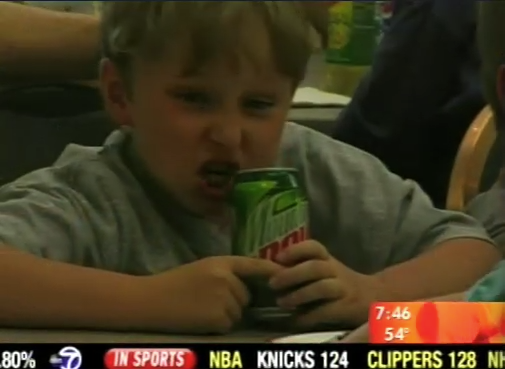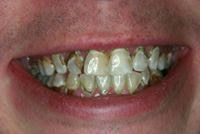
You cannot expect the billion-dollar soft drink industry to pull out all the stops in deference to your oral health.įor comparison, here is the Project Last Mile story: Companies trying to transport HIV and malaria medications and vaccines to remote, inaccessible locations found the task a logistical nightmare due to cold storage issues. One final tip: Do not look to the source. If you notice any problems with your teeth in the interim, go to the dentist immediately.

It will wash away the accumulated acids and sugars on the surface of the teeth. Drink water: Immediately after consuming carbonated beverages, drink water.You might derive gustatory pleasure from holding or swilling your drink in your mouth, but the resultant cavities will give you none. Do not hold and swill: Swilling is for mouthwashes, not carbonated beverages.While this may seem like asking too much of those who find it difficult to wean themselves off the habit, it is worth starting slow and taking it from there. Avoid consuming soft drinks: The easiest, most fool-proof solution.The possibility of dental erosion is high, particularly with a corresponding increase in carbonated drink consumption. Inbreeding: Inbreeding can lead to genetic mutations and birth defects, including dental defects.The factors contributing to vulnerability in the Appalachian population are worldwide issues.įactors that contribute to the development of Mountain Dew Mouth: However, it is not limited to this region alone. The commonest reports of Mountain Dew Mouth come from the Appalachian region in the USA. The result: dental destruction.Ĭhildren are noticeably at risk, as they are the highest consumers of carbonated beverages. Dental erosion occurs when dental hard tissue wears away over time because of dietary or gastric acids.Ĭarbonated, sugary drinks are responsible for causing damage to dental enamel - the enamel becomes weak, leaving your teeth open to bacterial attack. It also contains citric acid found in lime-based drinks, which increases the chances of dental decay. Eleven teaspoons of sugar are contained in 360 ml of Mountain Dew.

However, Mountain Dew remains far ahead of its competitors in terms of sugar and acid content. The reason: high sugar content, carbonation, and acidic content. While the term does seem to reference Mountain Dew explicitly, the link between dental decay and habitual consumption of carbonated drinks is well-established. It begins with dental erosion and eventually progresses to full-blown cavities. Mountain Dew mouth is the dental byproduct of regular consumption of the soft drink Mountain Dew.


 0 kommentar(er)
0 kommentar(er)
